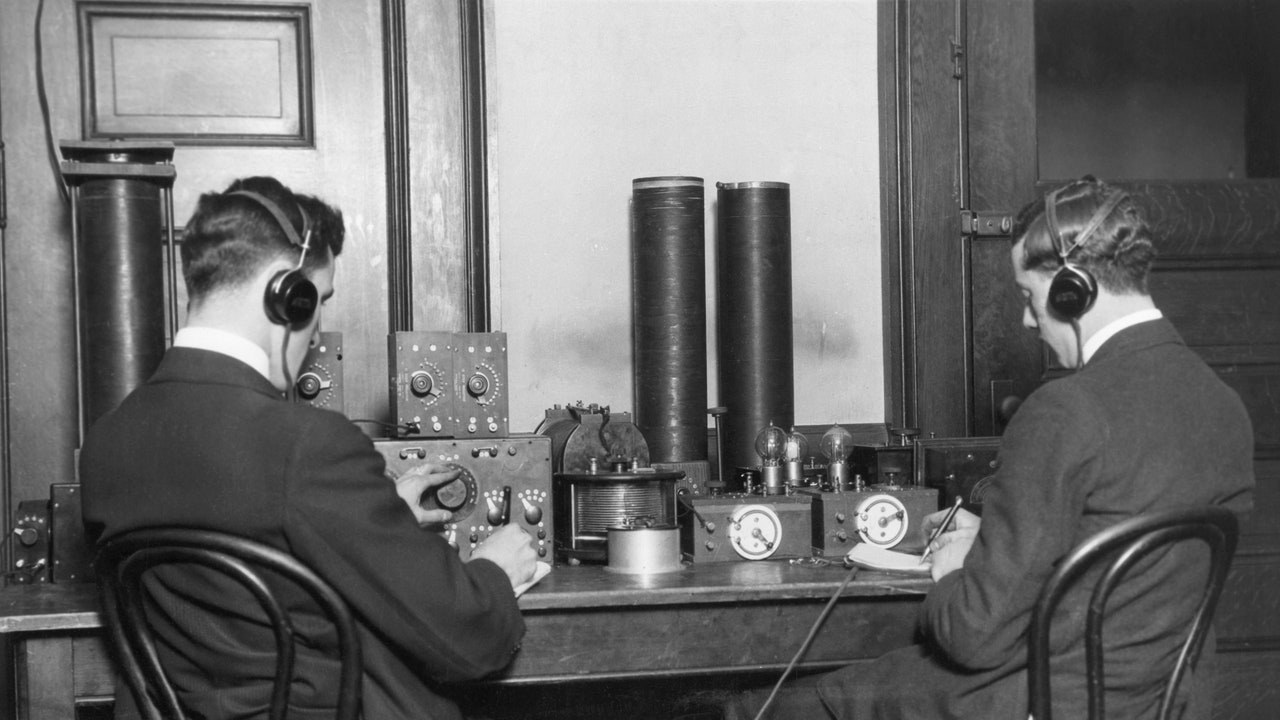I’m Worried About Losing Touch With My Conspiracy Theorist Parents

When it comes to affairs of the heart, we are all beginners. Some of us, however, at least speak with authority. Introducing Shon Faye, author of The Transgender Issue (2021) and the forthcoming Love in Exile (2025), whose advice caught our eye. Contact her at DearShonVogue@gmail.com for your own chance at enlightenment.
Dear Shon,
How do you untangle the web of conspiracy theories?
I’ve always been close with my parents. I’m blessed to have a soulful, supportive family. But, since COVID hit, both of my parents (in their 60s) have become conspiracy theorists.
Our once-warm family gatherings have turned into a lecture series on “the great reset”: a cashless society, in total governmental control. [Editor’s Note: If you’re unaware of what this is, count yourself lucky, or google it. We’re not going to link to it here.] Their view of the world is an Orwellian nightmare society, worse than what George could have put onto paper.
My sister and I are distraught and have reached breaking point. You wrote in your book about how you don’t have to attend every argument you are invited to. How do you communicate across divides?
Yours,
A lost child
Dear Lost Child,
I am sorry this is happening. It sounds incredibly distressing and painful to see your parents lost to these outlandish beliefs. You’re not alone in dealing with this scenario. According to some studies, at least half of Americans hold one such belief about powerful people conspiring to achieve a particular circumstance or event in a covert way. The COVID-19 pandemic, with its unprecedented impact on society and the subsequent global vaccine rollout, have only provided more fertile ground for conspiracy theories, which were already galvanized by the easy dissemination of inaccurate, unsourced, and deliberately misleading information on social media.
In my past work writing about the current anti-LGBTQ moral panic seizing American and European politics, I have spent a lot of time considering and analyzing the development and spread of conspiracy theories online as well the behavior of their adherents. What I think is often missed is that commitment to these beliefs can give people a sense of purpose and identity. While conspiracy theories can tear families apart in the way you’ve described, they also create intense bonds and feelings of connection between the people who hold them. There is camaraderie in the feverish paranoid mentality of the bunker. In order to understand conspiracy theories, we need to understand the spiritual sickness they seem to offer an answer for: uncertainty, powerlessness, loneliness and fear. While the beliefs themselves are often ludicrous, the symptoms they treat are not. We do live in uncertain times, we do lack control of our lives, our interests and priorities are disproportionately influenced by hidden elites and we are increasingly alienated and atomized even as technological advances promise ever more connection.

